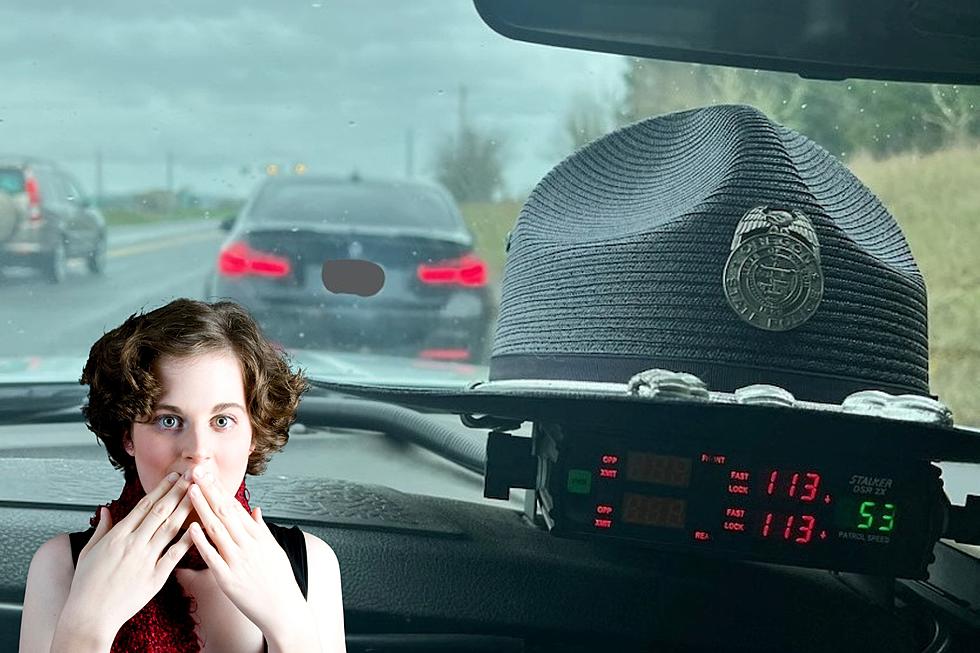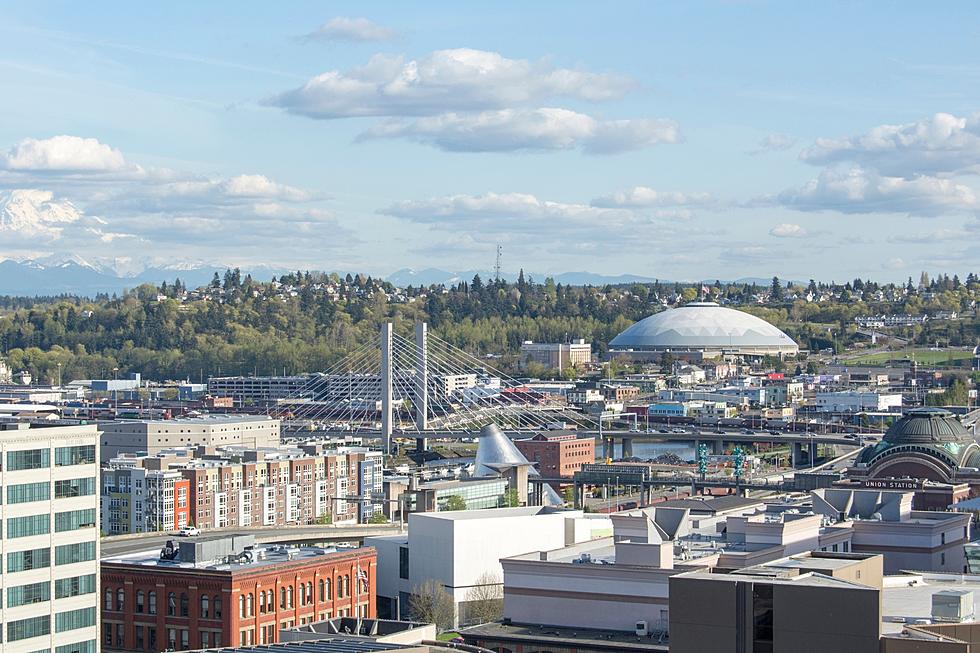
How Fast Was This Motorist Clocked at in Oregon? 113-MPH-NO Joke
Where was this person off to in such a hurry? How fast were they going?

You read the headline right. The motorist was clocked in at 113 mph in a 55 mph zone. Unbelievable! The Oregon State Trooper gave the driver a ticket for "driving way too fast." I wonder if the ticket was worth it for this driver. Who drives 113 mph? Why?
What is the fine for going 113 mph in a 55 mph zone?
After googling, according to Oregon.gov, this driver was probably given a ticket for a Class A traffic violation for a fine of $440.
Motorists are advised to drive at a safe speed. This of course, varies to circumstances. The speed limit posted was 55 mph. It is NEVER ok to drive at 113 mph, for ANY reason.
I received a ticket in Washington for going 20 mph over the posted speed limit.
It wasn't worth it. The violation was $187, which is way too rich for me. And, I was still late to work. Admittedly, just a few months before, I was pulled over for speeding. Not paying attention, I was driving 70 mph in a 60 mph zone. A Washington State Patrol Trooper pulled me over. The officer asked if I knew how fast I was going. I did. The trooper sent me on my way with a stern warning. After I paid that $187 ticket, I NOW follow the speed limit. I hope you do, too.
LOOK: See how much gasoline cost the year you started driving
See the Must-Drive Roads in Every State
LOOK: What are the odds that these 50 totally random events will happen to you?
More From 610 KONA









